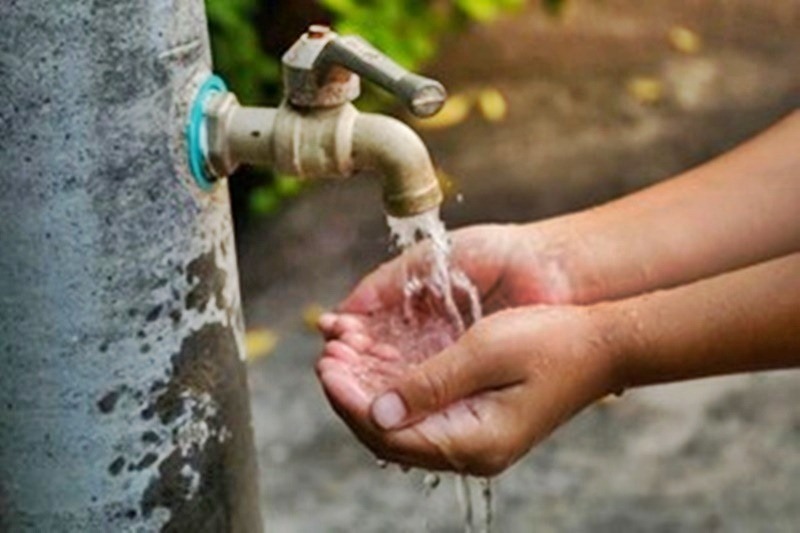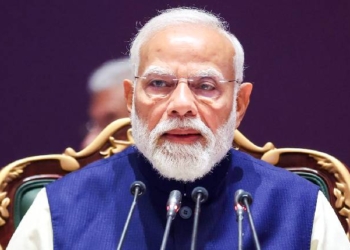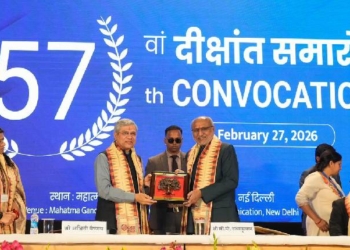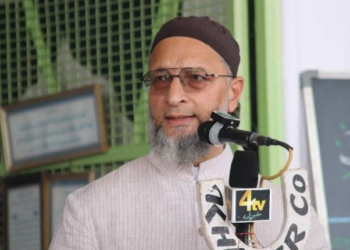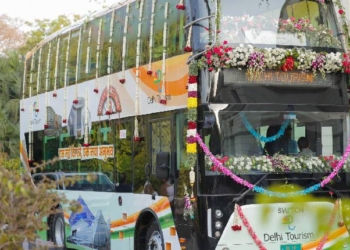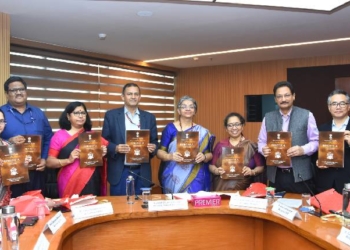New Delhi: Finance Minister Nirmala Sitharaman on Saturday enhanced the total outlay for Jal Jeevan Mission to Rs 67,000 crore in her proposals for Budget 2025-26 and said that the Mission stands extended until 2028.
FM Sitharaman stated that 15 crore households representing 80 per cent of India’s rural population have benefitted from the Jal Jeevan Mission since 2019.
She added that access to potable tap water connections is provided under this Mission, and in the next three years, the target is to achieve 100 per cent coverage.
Jal Jeevan Mission’s focus will be on the quality of infrastructure and operation and maintenance of rural piped water supply schemes through “Jan Bhagidhari”.
Separate MoUs will be signed with states and UTs to ensure sustainability and citizen-centric water service delivery, she explained.
The Union Government has launched several flagship schemes aimed at fostering inclusive rural development, poverty alleviation, and improving the living conditions in rural areas.
These initiatives, implemented under the Ministry of Rural Development and other key departments, address critical areas such as employment generation, housing, infrastructure, skill development, and social welfare.
For instance, the vision of the Mahatma Gandhi National Rural Employment Guarantee Act is to enhance the livelihood security of rural households across the country by providing at least 100 days of guaranteed wage employment in a financial year to every rural household whose adult members volunteer to do unskilled manual work.
MGNREGA recognises the importance of strengthening the livelihood resource base of the poor by reaching the most vulnerable sections of rural areas, including Scheduled Castes, Scheduled Tribes, women-headed households, and other marginalised groups.
Adopted in the Union Budget 2017-18, Mission Antyodaya is a convergence and accountability framework aiming to bring optimum use and management of resources allocated by 26 Ministries / Department of the Government of India under various programmes for the development of rural areas.
It is envisaged as a state-led initiative with Gram Panchayats as focal points of convergence efforts.
(IANS)




